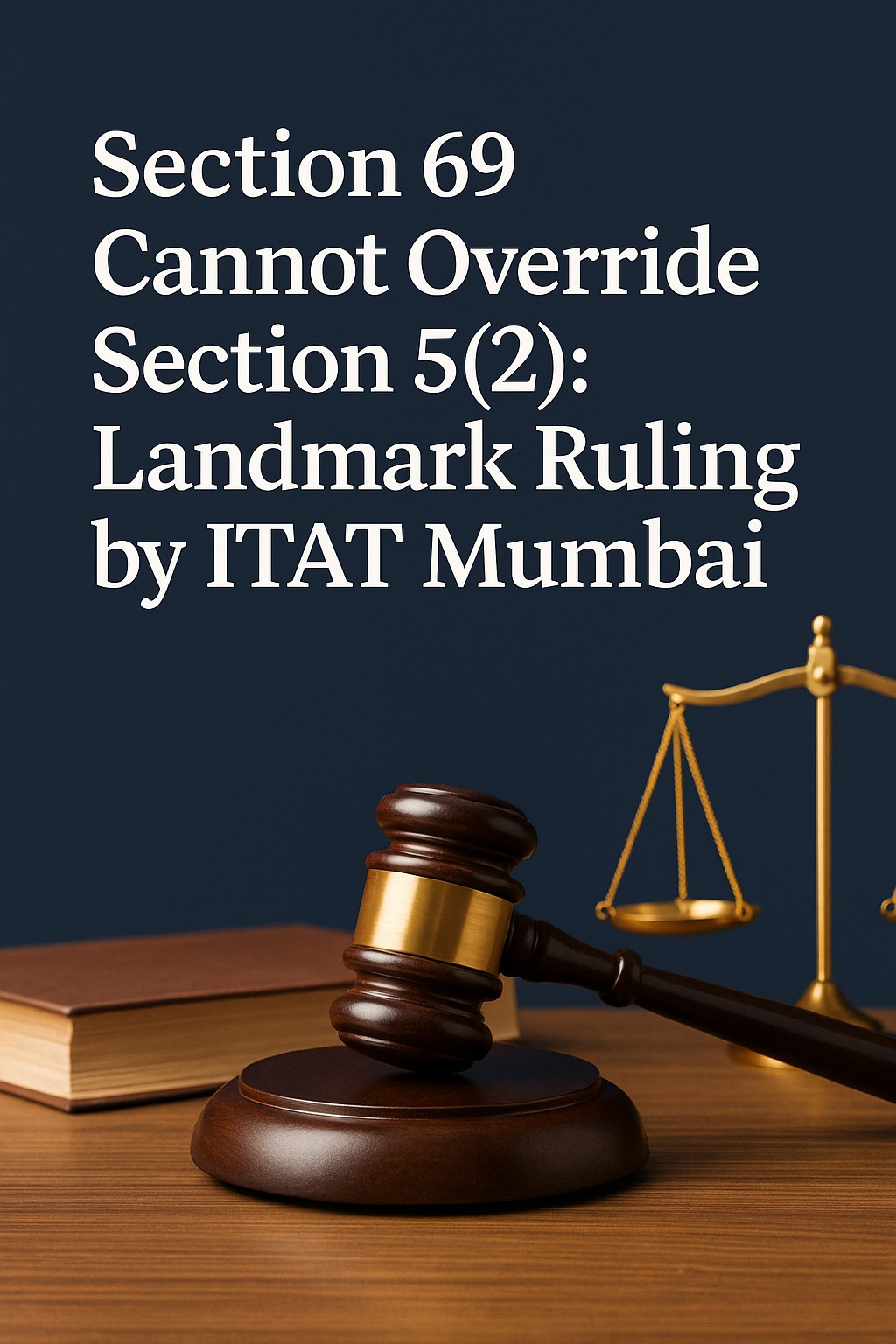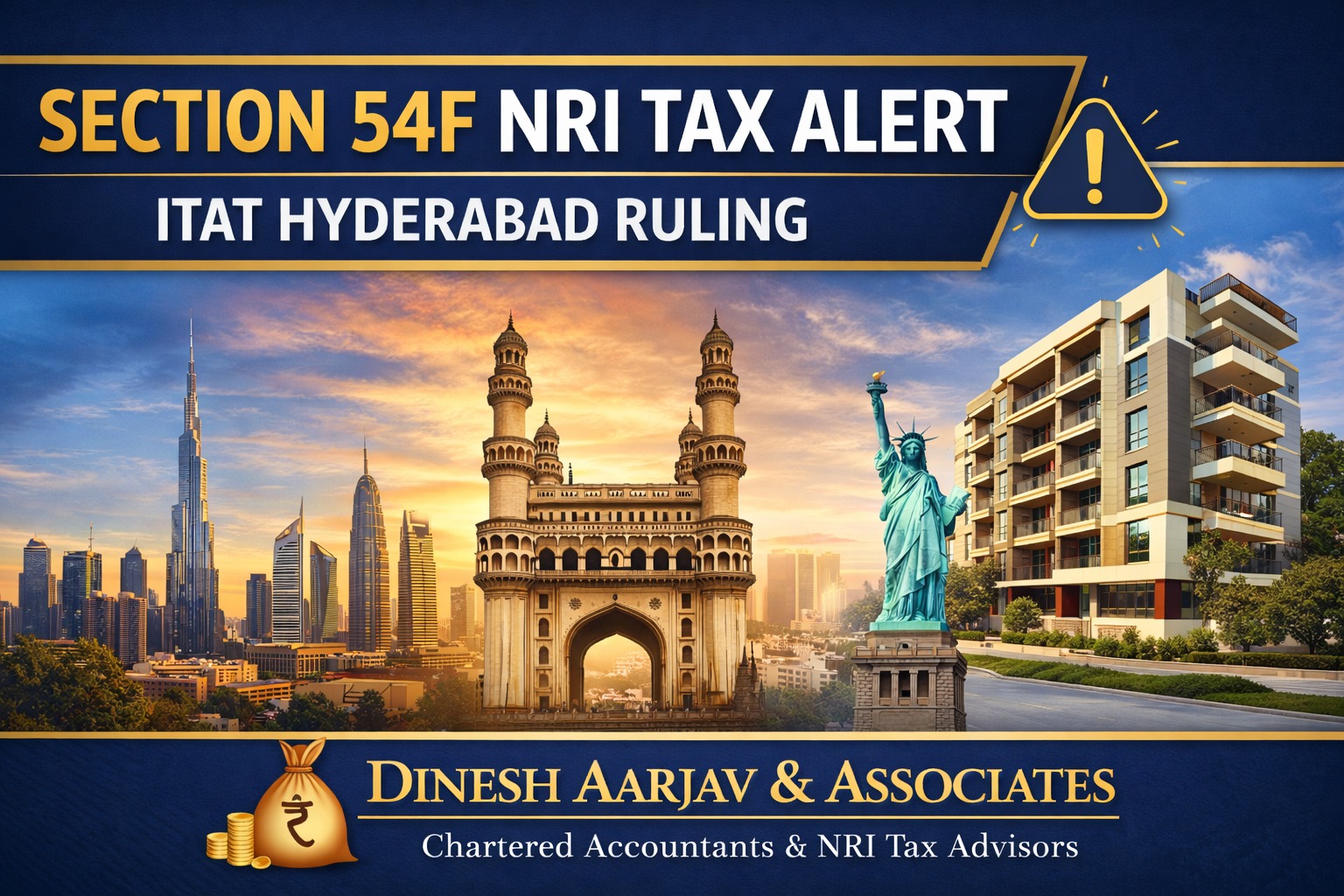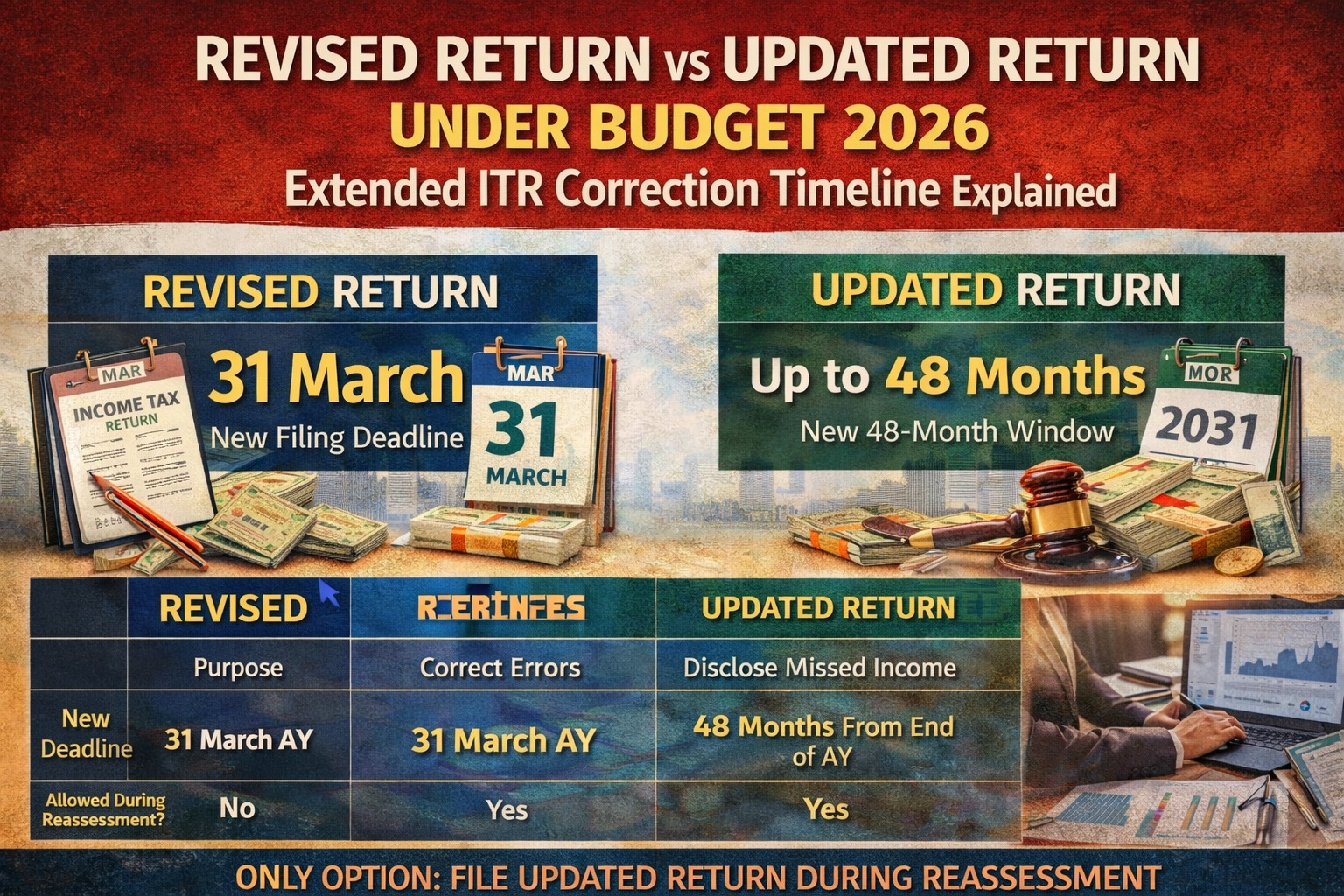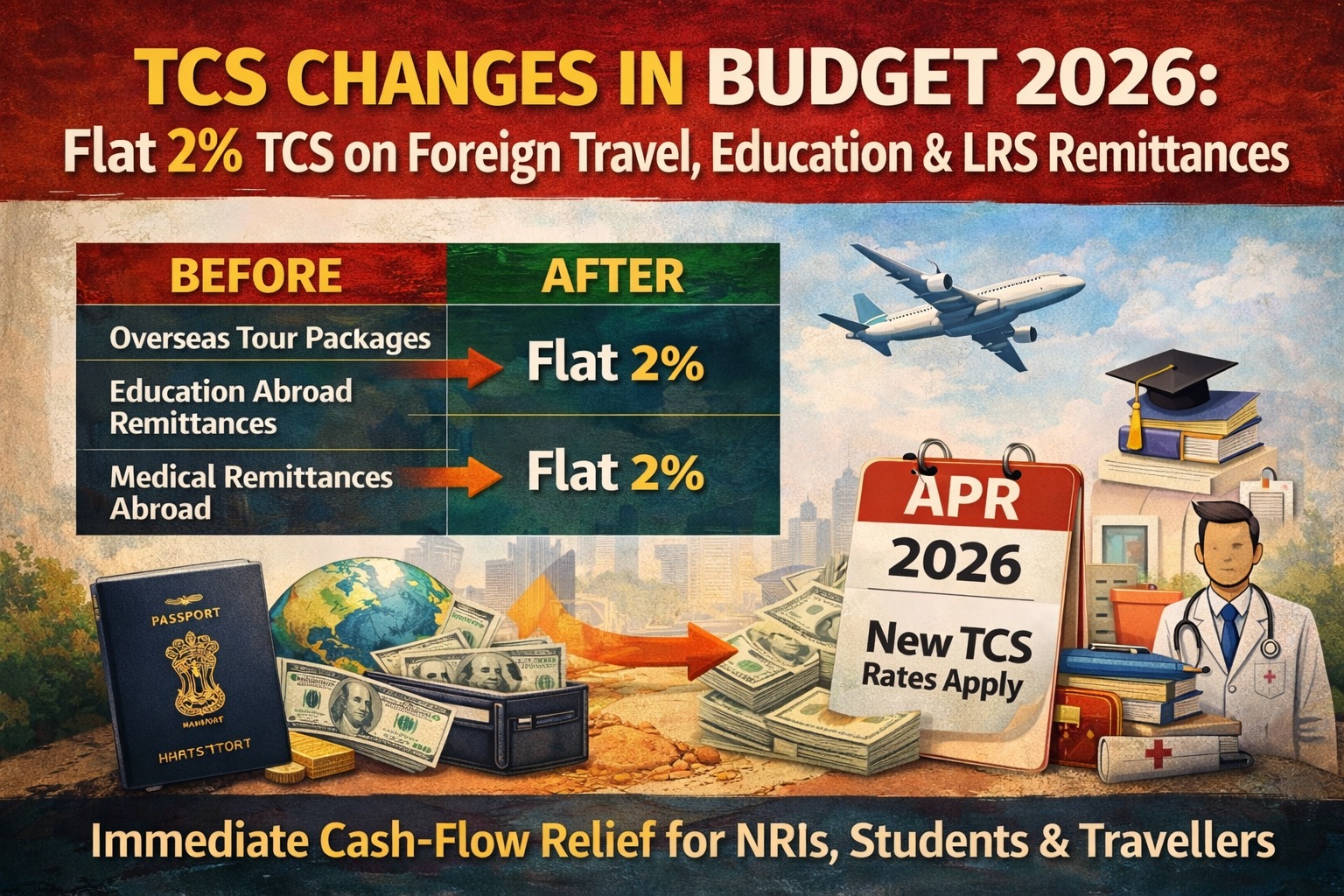 WhatsApp
WhatsApp
 Call Us
Call Us
 Email Us
Email Us
 Whatsapp Community
Whatsapp Community

The Income Tax Appellate Tribunal (ITAT), Mumbai, has delivered one of the most important NRI-taxation rulings in recent years by holding that Section 69 (unexplained investments) cannot be invoked to tax an amount that is undisputedly sourced from foreign income earned by a Non-Resident under Section 6, and therefore outside the scope of total income under Section 5(2) of the Income Tax Act.
This judgment, pronounced on 14 November 2025, deleted a ₹2,00,00,000 addition made on an NRI who had purchased a residential property in India using foreign salary savings from Dubai, duly remitted into his NRE account through authorised channels.
The ruling is a major tax relief and an important precedent for NRIs who:
The ITAT Mumbai has emphasised something that is often misunderstood by tax officers:
This single principle can potentially settle hundreds of NRI reassessment disputes.
The assessee had:
During the relevant year, he paid ₹2 crore towards the purchase of a residential flat in India. The payments were made entirely from an Axis Bank NRE account.
Because NRIs are not required to file returns if they have no Indian income, he had not filed one.
Later, the tax department reopened the assessment under Section 147, issued a notice under Section 148, and made an addition of ₹2 crore under Section 69, alleging that the investment was unexplained.
The assessee produced comprehensive documentation, including:
1. RAK Bank Withdrawals (Dubai)
2. Authorised Dealer Certificates (UAE Remittance Providers)
3. Axis Bank NRE Account Credits (India)
4. Employment & Residency Proofs
5. Property Documentation
The fund trail was airtight, consistent, and unrefuted.
The Tribunal’s most important holding is:
This restores the hierarchy of the law:
Thus, foreign income cannot be imputed as Indian income through Section 69
This is a powerful clarification and will help NRIs in many similar disputes.
NRI Status Was Undisputed
The assessee lived abroad continuously for nearly 20 years, returning only in 2021.
Thus, he was unquestionably a Non-Resident.
Foreign Salary Is Not Taxable in India
Since the salary was earned abroad for services rendered outside India:
Therefore, Section 5(2) disallowed any taxation attempt.
No Independent Inquiry Was Made by the Department
Despite having powers under:
No verification was done.
Rejection was based merely on vague doubts like “employer credentials not verified,” which the Tribunal dismissed as speculative and baseless.
Fund Trail Was Complete and Unimpeachable
Every element was supported with:
None of these were disputed.
The ITAT Mumbai concluded:
Appeal allowed in favour of the assessee
This ruling strengthens core principles of NRI taxation:
This is an essential precedent for NRIs facing:







Stay in the loop, subscribe to our newsletter and unlock a world of exclusive updates, insights, and offers delivered straight to your inbox.